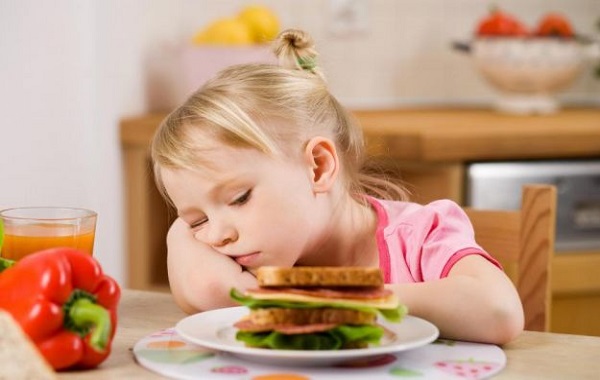
Iron is a fundamental substance for the body: in addition to being the mineral present in greater quantities in the blood, it also plays an important role in physical and cognitive development, especially in the case of children during the growth phase. Not only does iron determine blood quality, it also helps to improve resistance to stress and disease, as it helps the immune response and energy production. In addition, it is involved in the production of haemoglobin and, consequently, in the transport of oxygen in the cells.
Iron deficiency (scientifically referred to as “sideropenia”) is the most common food deficiency disorder , especially among children, and should not be underestimated because it could compromise haemoglobin synthesis.
How does iron deficiency manifest in children and what might it depend on?
What are the signs of iron deficiency? Usually when a child suffers from it it appears less lively, it tends to get tired easily and have problems concentrating.
Age plays a key role in determining a state of deficiency: in the first year of life, a child’s body’s need for iron doubles, due to the rapid increase in weight and body volume. The most critical period is until the age of two, because the youngest children need a large amount of minerals and vitamins for growth.
The right food to avoid iron deficiency during weaning
Breastfed babies do not necessarily need iron supplementation because the baby can take the right amount of iron from breast milk and completely absorb it. For this reason, artificial milks are generally enriched with iron and vitamins.
The problem therefore occurs after the sixth month, when weaning begins and it becomes necessary to ensure the correct nutritional intake through solid foods. Not only is it essential to include iron-rich foods in the child’s diet, but also to know how to make the right combinations, as some foods can reduce or, on the contrary, promote the absorption of the mineral in the body.
The most iron-rich foods are meat, fish, eggs, legumes, green leafy vegetables, whole grains and dried fruit. Vitamin C, when associated with these foods, improves the absorption of iron, while cows’ milk is low in iron.
In the event that diet alone is not able to provide the right amount of iron, it is possible to resort to the use of specific supplements for children, of course after consultation with your paediatrician. Supplements such as the products in the SiderAL® line are specifically formulated for children(SiderAL® Children, SiderAL® Drops or SiderAL® Gold), and thanks to Sucrosomial Technology® guarantee maximum tolerance and greater absorption than traditional oral irons.
